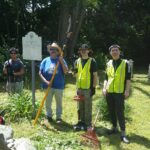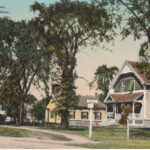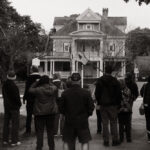Massasoit was a Pokanoket and the leader of a tribal confederacy that spanned many tribes in what is Eastern Rhode Island and Southeastern Massachusetts. This group collectively called Wampanoags ( People of the East) , included:
- Aquinnah (Marthas Vinyard)
- Mashpee, Nauset and Manomet (Cape Cod)
- Seakonke (East Providence to Blackstone Valley)
- Pawtuxet (Plymouth)
- Troy (Fall River)
- Assonet (Taunton)
- Herring Pond (Wareham)
- Nemasket (Middleboro)
- Pocasset (Tiverton/Portsmouth)
- Sakonnet (Little Compton)
- Pokanoket (Bristol County)
As Massasoit effectively controlled the entire region around the Plymouth settlement, it fell to him to direct the diplomacy with these new arrivals. He was a skilled diplomat and befriended the Pilgrims and was regarded as a friend and ally, directing 40 plus years of peaceful coexistence.
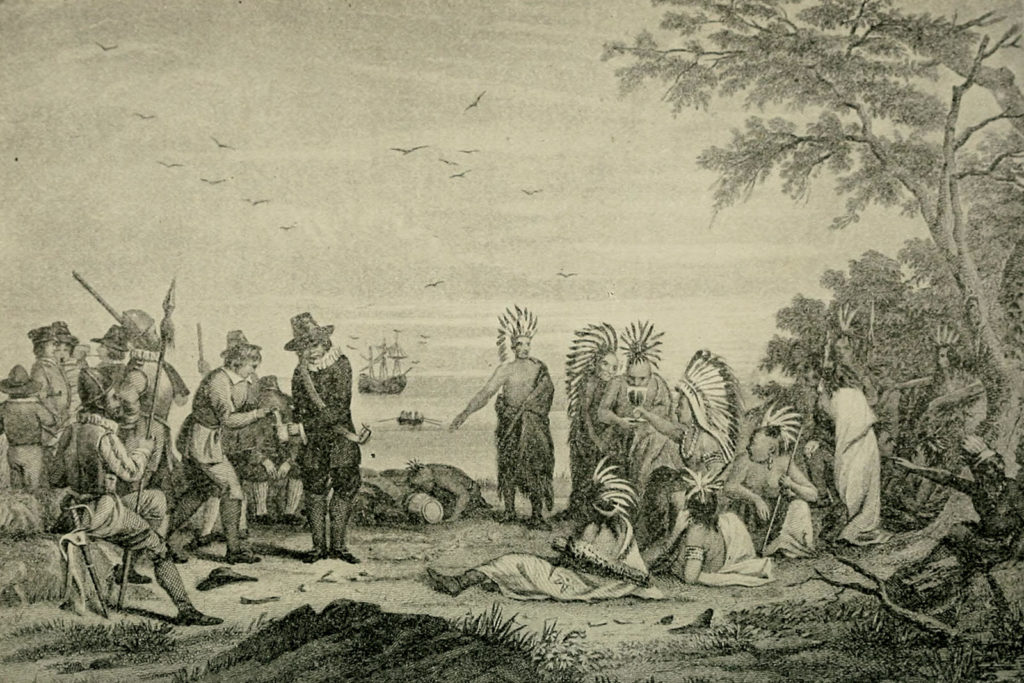
When you hear tales of how the Pilgrims would not have survived without the local peoples help, it is Massasoit who directed this assistance. In return when he fell gravely ill , it is said the Governor Winslow of Plymouth himself marched 14 miles in the snow to supply food and aid.
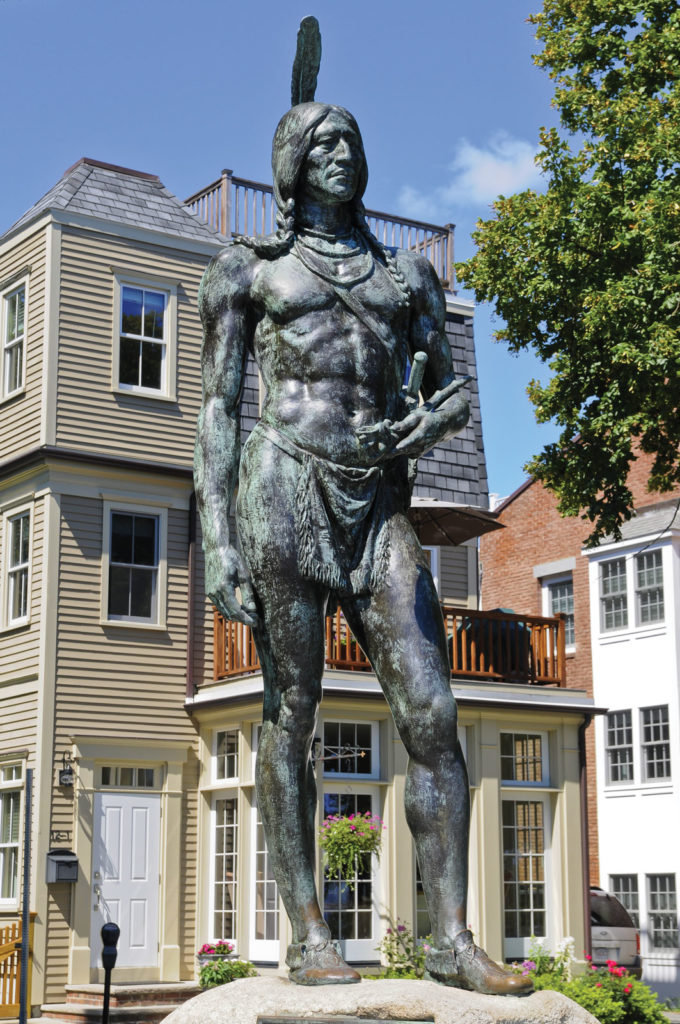
Massasoit statue located at Cole’s Hill, Plymouth MA
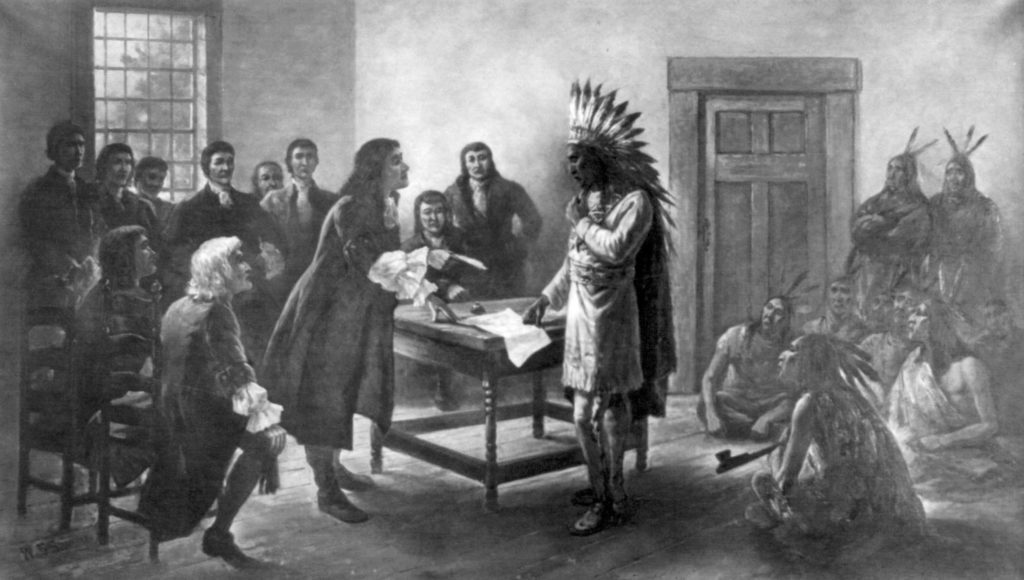
A statue of Massasoit stands in Plymouth to this day celebrating the good period of his leadership. Signs of trouble had begun to appear and upon his death in 1661, his eldest son Wamsutta (called Alexander by the colonist) and then his second son Metacomet (called King Philip) could not keep the peace any longer. Dissension among the various groups of Wampanoags regarding their treatment at the hands of the newcomers boiled over. The colonist had begun to abuse their hosts and make inflated claims to their rights and property ownership. What insued was named after Metacomet, the King Philip’s War.
Massasoit is mentioned here as his leadership and connections, and then his first son Wamsutta’s continuance of those relationships, was pivotal in the procurement of the lands that became Rehoboth and the North Purchase.
